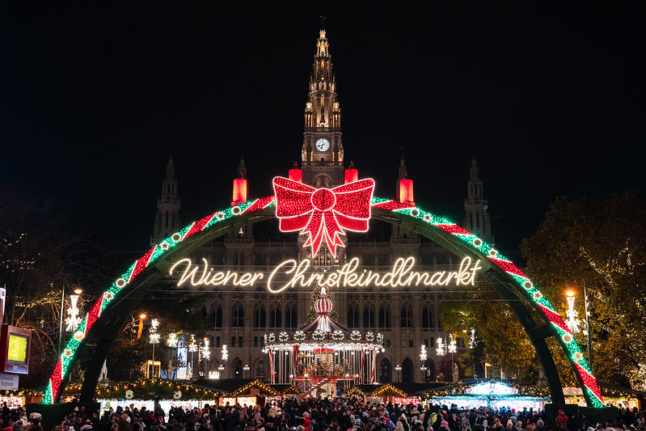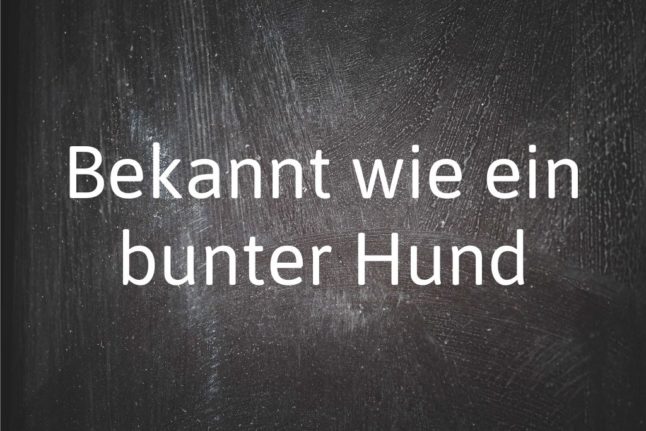Christmas and New Year’s can be a wonderful time of year. But it’s also a bit (or very) stressful. And if you’re spending it as a foreigner in Austria, you might feel a bit overwhelmed at times.
So here are some festive phrases to familarize yourself with, so you can feel a bit more relaxed over Christmas and in the days leading up to the New Year.
Greetings at Christmas
Let’s start with the basics. Merry Christmas is Fröhliche Weihnachten or Frohe Weihnachten. But here are a few more greetings you could use:
Besinnliche Feiertage: have a peaceful/reflective holiday time
Frohes Fest: happy holidays
Schöne Festtage: have a lovely festive time
Erholsame Feiertage: have a relaxing/rejuvenating festive time.
Preparations
The time leading up to Christmas is Advent time (die Adventszeit). Many Austrians celebrate by baking cookies (die Kekse) and enjoying time with family or friends at a Christmas market (der Christkindlmarkt) where they might glug down some mulled wine (der Glühwein).
Then, of course Saint Nicholas Day (der Nikolaustag) is on December 6th. On the evening of the 5th, children leave out shoes in the hope that Saint Nicholas will fill them with chocolates.
Festive traditions
Austrians tend to buy and decorate their Christmas tree (Weihnachtsbaum, Tannenbaum) on the 23rd or 24th December, although it often happens a bit earlier nowadays. They might get together as a family to put decorations (der Baumschmuck) on it.
Baubles (die Christbaumkugeln or die Kugeln) are hung on the branches along with Christmas tree lights (die Christbaumkerzen) and tinsel (Lametta).
When it comes to presents, families open them on December 24th. And as to who’s delivering them? Well, that’s still a debate.
In Austria, children expect gifts from the Christkind.



 Please whitelist us to continue reading.
Please whitelist us to continue reading.
Member comments